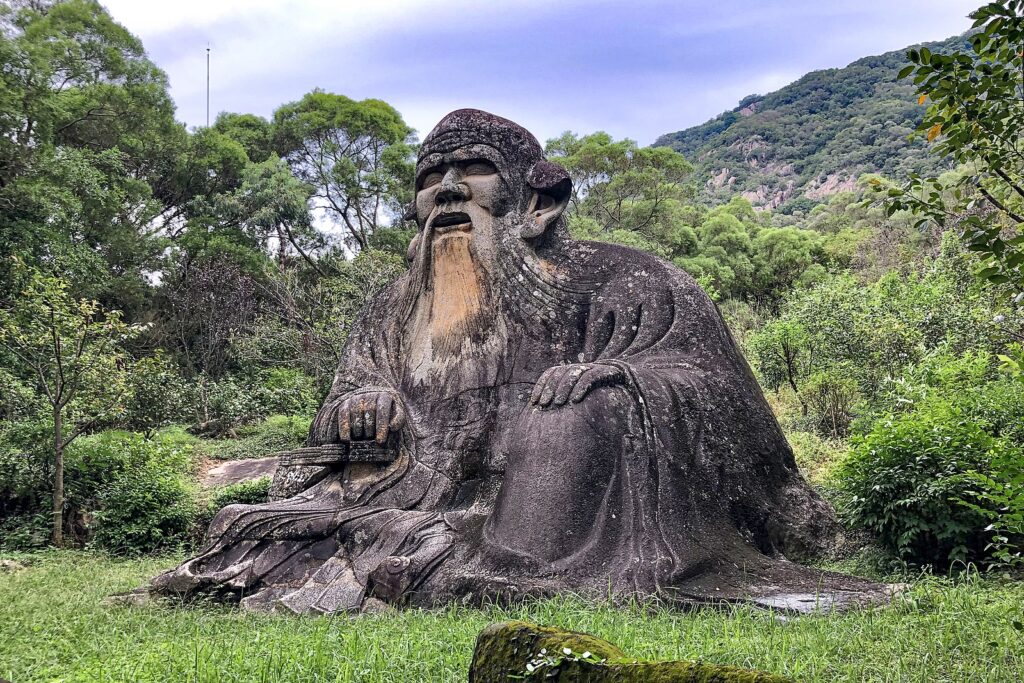The disciples were absorbed in a discussion of Lao-tzu’s dictum:
“Those who know do not say;
Those who say do not know.”
When the Master entered, they asked him exactly what the words meant.
Said the Master, “Which of you knows the fragrance of a rose?”
All of them knew.
“Then,” he said, “put it into words.”
All of them were silent.
Anthony de Mello
More at http://www.soulwise.net/
Anthony de Mello (1931-1987) was an Indian Jesuit priest and psychotherapist. A spiritual teacher, writer and public speaker, De Mello wrote several books on spirituality and hosted numerous spiritual retreats and conferences. He continues to be known for his storytelling, which drew from the various mystical traditions of both East and West.
Taoism is a diverse philosophical and religious tradition indigenous to China, emphasising harmony with the Tao (way, road, path or technique). Taoist thought has informed the development of various practices within the Taoist tradition and beyond, including forms of meditation, astrology and feng shui. A common goal of Taoist practice is self-cultivation, a deeper appreciation of the Tao, and more harmonious existence. Taoist ethics emphasise such virtues as effortless action, naturalness, simplicity, and the three treasures of compassion, frugality and humility.

Lao Tzu, or Laozi, was a semi-legendary ancient Chinese philosopher and a revered figure in Chinese culture. He is generally considered the founder of Taoism and author of the Tao Te Ching, the foundational text of Taoism. Lao Tzu is a Chinese honorific, typically translated as “the Old Master.“
Image: Stone statue of Lao Tzu at Qingyuanshan in China.
